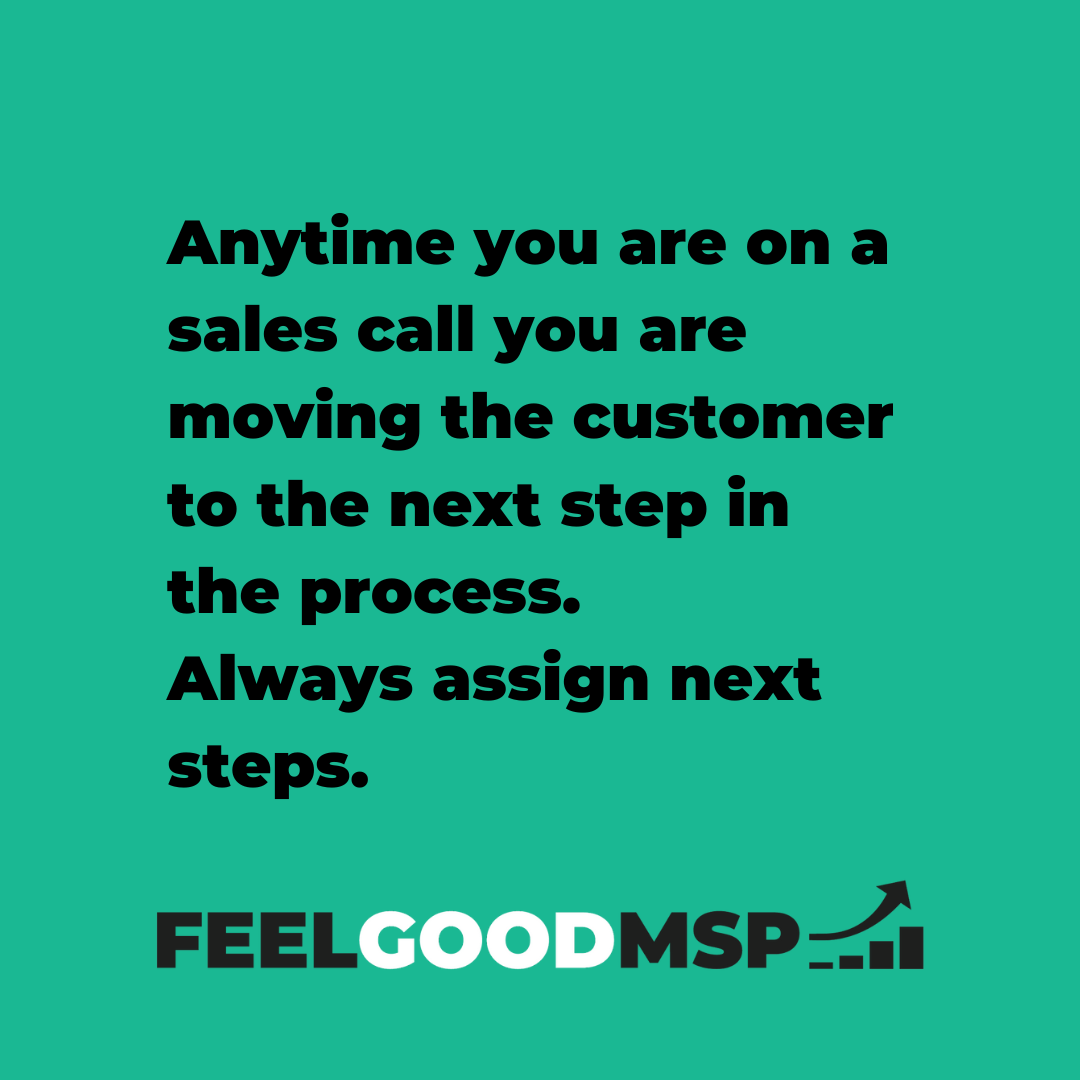

Article
By Shiva Pandit · December 4, 2024
Tips for Improving Conversion Rates in Your MSP Sales Calls
Introduction: Mastering the Art of MSP Sales Calls
Engaging new sales connections is part of being a managed service provider (MSPs), and having excellent conversion rates during MSP sales calls will significantly impact business growth. But many MSPs struggle to convert prospects from a friendly conversations into paying customers. This can be due to poor preparation, overloading customers with information, or not addressing a customers specific problem directly.
We'll explore some helpful tips for improving MSP sales calls and increasing your conversion rates. These strategies will help you improve the effectiveness of your new prospect relationships and ultimately, impact your profits (for the better).
Why Do MSP Sales Calls Fail to Convert?
There are many reasons that MSP salespeople fail to win-over customers. Before we dive into strategy, let's take a look at why MSP sales calls, cold calls specifically, often fail to convert into lasting customers:
- Lack of Preparation: Without adequate research into the client's business, you set yourself up to be seen as unprepared, or lacking understanding of their environment. This starts everything out on the wrong foot.
- Too Much Information: Sure you offer a ton of great services, but that doesn't mean they want to hear about them all. Overloading prospects with too much detail overwhelms the prospect, and leads to abandoned calls.
- Failing to Address the Problem: You cannot make the critical connection between your services and the customer's happiness without understanding their current pain and what they want to achieve.
- It’s Not Enough to Talk: A sales call is a conversation, not a monologue. Many MSPs miss opportunities by focusing on delivering an amazing pitch instead of listening to the prospect.
Guidelines for Improving Conversion Rates During MSP Sales Calls
Do Your Homework Before It’s Too Late
Planning is key to improving sales calls for MSPs. Before reaching out to a prospect, take the time to study their business and industry. What challenges do you expect they might face? What specific IT needs does their industry call for? For example, if the prospect works in healthcare, are you able to convey how your services help them comply with HIPAA requirements and protect patient data. Showing that you understand their business provides value in building a trusting relationship - someone they might actually want to buy from.
(Note: Feel-Good MSP workshops can assist in getting all of your team focused on the same winning sales process.)
Start the Conversation with Open-Ended Questions
One common mistake during MSP sales calls is running down the list of services and offerings they have rather than starting with with open-ended questions. Getting them to talk about their concerns helps you gather the valuable information needed to tailor your approach. Example questions include:
- “Can you tell me more about your current IT setup?”
- “What’s your biggest challenge with technology right now?”
“What are your goals for IT management in the coming year?”
These questions guide the conversation and help you position your MSP services as a solution to their specific problems and goals.
Focus on Value, Not Features
When it comes to MSP sales calls, prospects are more interested in how your services will help them achieve their business goals than in the technical specifications. For example, instead of saying, “We provide 24/7 IT support,” try saying, “Our 24/7 IT support ensures your business stays running smoothly without interruption. This gives you peace of mind when you are with your family or personal time, knowing that we’re here when you need us.” Shifting the focus from features to benefits will show how your services solve real problems, affect their lives, and improve their business situation, which is what ultimately drives conversion rates.
Use Social Proof and Case Studies
Take advantage of social proof in MSP sales calls by sharing relevant experiences or customer testimonials. This carries so much more weight when it's businesses they are aware of - which should tell you something about developing your network. Building credibility is a must. Capturing the success of your services and outcome of your relationships needs to be easy for everyone, and built-in to your daily marketing activities.
Resolve Conflicts with Compassion
Every MSP sales call will involve a concern or objection from the prospect. How you handle them will determine whether the call converts into a deal. Instead of dismissing their objections, acknowledge them empathetically and ask thoughtful questions to further expose what the real problem is.
For example, if a prospect says, “We’re worried about the cost of your services,” try replying with, “I understand. Cost is a big consideration for any business. Can you tell me more about what specifically concerns you about the cost?".
Often the business has a problem which is either costing them money, or putting them at risk of a financial loss. You may further inquire;
"Would it be helpful to show you how we’ve helped similar businesses save money in the long run?"
Responding with empathy helps build rapport and shows that you care about solving their problems, not just making a sale.
Keep the Conversation Focused
Another key aspect of improving MSP sales calls is staying focused on the prospect’s needs. If a prospect is primarily concerned with network security, don’t waste time discussing unrelated services like backup solutions. Tailor the conversation to their immediate needs and highlight how your MSP services address their most pressing concerns. This will help you maintain relevance and improve your chances of conversion.
Set a Clear Next Step
One of the most important components of closing deals for MSPs is defining the next step at the end of each sales call. Make sure you and the prospect are clear about what happens next. For example, you might say:
“I’ll get answers to those technical questions for had, you will gather that server location information I need, and we'll schedule a follow-up next week to review with you.”
As a relationship you both have a responsibility and accountability. Setting clear expectations for next steps helps keep the sales process moving forward and shows the prospect that you are organized and serious about their needs.

Always Follow Up After the Call
The conversation doesn’t end when the MSP sales call is over. Timely follow-up is essential to keeping your business top of mind and ensuring the next steps are clear. Send a thank-you email summarizing key points from the call, reiterating how your services will affect their business issue, and reminding them of the next steps. A well-timed follow-up shows professionalism and helps move the prospect closer to a decision.
Build Long-Term Relationships
A successful MSP sales call isn’t just about closing a deal. It’s about building a long-term relationship. Focus on providing value and building trust throughout the sales process. Prospects do not buy from vendors that they don't like or trust - even if you are the cheapest option. Nurturing the relationship will only increase your chances of converting them into a long-term customer.
Conclusion: Converting MSP Sales Calls into Revenue
Improving conversion rates during MSP sales calls requires planning, effective communication, and a focus on the prospect’s needs. By preparing for each call, asking the right questions, focusing on the value of your services, and handling objections with empathy, you can close more deals and build lasting relationships. Remember, every sales call is an opportunity to build trust and demonstrate your desire to guide them to the right solution, and set up the next step towards resolving their problem. Continuously improving your process and implementing these strategies will help you increase conversion rates and grow your MSP business.
With these practical tips, you’ll be on your way to higher conversion rates for MSPs and a thriving business.

Shiva Pandit
Shiva has spent the last 11 years helping business owners and entrepreneurs grow their business using digital marketing. He specializes in Marketing and Sales: SEO, Lead Generation, Paid Media, Content Marketing, Email, and other core marketing strategies we leverage to grow revenue/sales.